May 2023, Volume 18, Issue 3

TABLE OF CONTENTS
President's Corner

Graduations are in high gear and summer vacation plans are being finalized – it is that time of year where many families go into “planning” overdrive. As stormwater professionals, planning is a common trait and that was especially evident at the SESWA 2023 Spring Seminar. The Seminar started off with a great panel of local experts that described how they plan and execute resiliency practices to prepare their communities for unexpected and extreme climate events. The day continued with presenters that are very knowledgeable in resiliency practices. The Seminar was overwhelmingly successful due to the outstanding work by the speakers, session moderators, the Conference and Education Committee, and, especially, SESWA management staff. If you registered for the Seminar, you should have received a link to access the contact lists, presentations, and recordings.
Some of you know that I tend to find the thoughts and writings of people like Simon Sinek and Adam Grant particularly interesting. In Think Again, Adam Grant tells the story of how the leaders of Apple and Blackberry took two very different approaches to cell phone technology. I will let you read the book or search the web for the details, but the story speaks to me about the importance of being humble, having doubt, exercising curiosity and how that can lead to discovery. The SESWA Annual Conference in October is a great place to surround yourself with extremely knowledgeable stormwater professionals, but at the same time provides an opportunity to challenge your thinking, be curious by asking the experts questions, and possibly discovering a new way of viewing things. SESWA’s Spring Seminar, Annual Conference, webinars, etc. are all opportunities to expand our understanding of the ever evolving and exciting field of stormwater. This is all made possible by your attendance at these events, service on committees, and membership in SESWA. Membership is at its highest in SESWA history so there are many different perspectives out there to probe. Please be on the lookout for your SESWA renewal notice – and don’t forget to register for the Annual Conference soon – it will fill up fast.
Thank you for your dedication to SESWA. Through proper planning and execution and engaging in SESWA activities we all can be curious and learn from others who have the same passion - protecting our water resources.
Dave Canaan
SESWA President
Raftelis
Back to the top

As a follow up to the SESWA Spring Seminar on resiliency, the Association’s Stormwater Policy Committee is preparing a series of articles focused on different issues related to climate change and stormwater. A total of six articles will be prepared throughout the year, each on different topics. The approach will be to interact with stormwater program managers and other stormwater professionals to get their input on each topic area. The articles will be accompanied by poll questions, Community Forum posts, and LinkedIn notices to gain additional input from the SESWA community. The information gathered will be combined into reference materials that will be shared with SESWA’s membership. This is the first article in the series and focuses on what are the main threats faced by stormwater program managers and professionals, and how far in the future is reasonable to plan.
Climate Change Threats to Stormwater Programs and Future Planning
Reported by Steve Peene, Geosyntec
SESWA Stormwater Policy Committee Chair
What are the critical threats that you are facing relative to climate change? When asked this question, stormwater programs across the Southeast provided answers in two forms. The first related to what aspect of climate change (flooding, rainfall, heat) was most important and the second focused on local government’s ability to respond.
In relation to the first, flooding was by far the most significant threat identified. Coastal communities were identified for specific concern because “they have the dual impact of sea level rise and likely significant increases in the magnitude of rare rain events and storm surge. To further complicate matters, coastal communities are often among the most densely populated and were often the first developed (i.e., they have the oldest infrastructure).” Issues that are linked to flooding were also identified including changing rainfall patterns, rising groundwater (reduced storage), and the need to update “design standards based on updated rainfall statistics. We are constructing stormwater infrastructure that will soon not have enough capacity for service levels expected”.
In relation to the second type of answer, aging infrastructure, funding, and the will to act were the top responses. The concern is how to plan for the future when we can’t even deal with the aging and undersized infrastructure we have now. One response summed up these issues - “In terms of climate change, funding is not yet at a level that can support the needs of local governments – we don’t even know what we need yet in terms of funding because we haven’t even really stared climate change in the eyes and assessed it meaningfully in most communities. Public discourse, misinformation, and distrust of science is also a serious hurdle since addressing climate threats is so time sensitive and some local governments cannot even discuss the issue yet.”
What is a reasonable time frame for future planning? Stormwater managers across the Southeast answer this question with some consistency with the most prevalent range on the order of 20 to 25 years as it relates to Capital Improvement Plan (CIP) plannings. Some responses identified that the timeframe may vary between communities, and they will need to have differing timeframes depending upon the types of infrastructure. This could lead to a “tiered” approach that looks at immediate problems (5-year), mid-level (20-year CIP), and more long term (50 years). Grant requirements and how they can dictate how far into the future programs need to plan was raised as a driver. Finally, some communities have not yet embraced the need for future planning and therefore they have not identified any future timeframes, they’re “too busy dealing with the present issues and limited funding.”
Back to the top
Renew Your Membership Early!
You can renew your SESWA membership for the 2023-24 fiscal year (July 2023-June 2024) today! Renewing your organization’s membership has never been easier. Each primary contact received an email on May 2nd with a quick link to renew. Simply click the invoice link to pay online or download a copy to pay by check. Paper invoices were also mailed the first week of May. If you didn’t receive a notice or aren’t sure who your organization’s primary contact is, contact SESWA, we’re happy to help. Renew today so you don’t miss out on SESWA’s member benefits, including this newsletter!
Back to the top
Give Us Your Best Shot – SESWA Stormwater Photo Contest
The 2023 SESWA Stormwater Photo Contest is underway. SESWA members can show their fellow stormwater professionals their latest projects and programs through photos. The winners will be featured on the SESWA Homepage for one year referencing the members who submitted them. Submit your photos of your innovative BMPs, Green Infrastructure, LID, treatment ponds, storm drain art, stream restoration projects, and more by June 16, 2023.
 

Back to the top
SESWA’s Annual Conference – Registration Open!
You are invited to join us for SESWA’s 18th Annual Regional Stormwater Conference! The Conference will be held October 4-6, 2023 at the Hilton Head Marriott. The Conference will feature an agenda developed by your peers, access to continuing education, networking opportunities with other stormwater professionals, great presenters, and much more. Visit the Conference webpage for complete information including registration details! Register early to save your seat and take advantage of discounted registration rates.
Back to the top
SESWA’s Spring Seminar on Resiliency
It was nice to see many of you in Atlanta for SESWA’s 18th Annual Region Stormwater Seminar. Nearly 150 stormwater professionals from across the Southeast came together to focus on Stormwater Management for Resilient Communities. Attendees enjoyed a panel discussion and presentations exploring a variety of resiliency topics such as how communities are planning for and responding to community needs as well as how to establish prevention and recovery techniques. SESWA would like to thank its Seminar Sponsors – Advanced Drainage Systems, AquaShield, Black & Veatch, Contech Engineered Solutions, Georgia Water Tanks, GeoTree, Hydro International, NPDES Training Institute, Oldcastle Infrastructure, OTT HydroMet, S3 Environmental and StormTrap.
Back to the top
SESWA’s Spring Service Project
On April 20 2023, SESWA sent 20 volunteers from throughout the Southeast to a tributary of North Fork Peachtree Creek, GA. City of Brookhaven, GA Stormwater personnel worked to coordinate access behind an apartment complex and provided disposal of the trash collected. In just two hours, the volunteers collected 51 bags of trash, 5 tires, 4 bicycle frames, a TV and two shopping carts, along with other large items and furniture from just 300 feet of stream. The results of the cleanup will be shared with apartment residents to help educate the community about the impact of littering on our water resources and to provide ways to protect water quality in their neighborhood. Thank you to all who participated in the service project, the City of Brookhaven, GA, and to SESWA Conference and Education Committee Chair John Butler for leading the initiative and capturing some great photos of the event!
 
Back to the top
SESWA’s Stormwater Utility Report
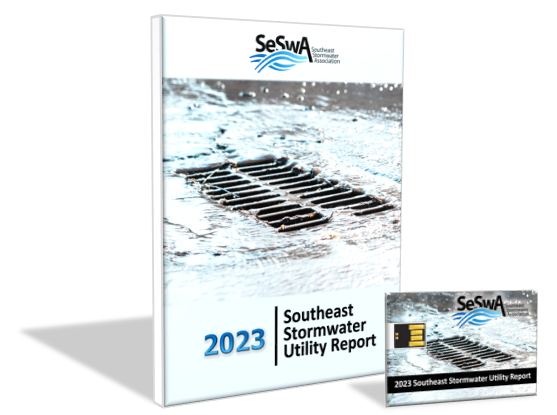 SESWA conducts a Survey of Stormwater Utilities practices and trends throughout the Southeast and publishes a Final Report on the results every two years. The 2023 Southeast Stormwater Utility Report is now complete. The Report provides easy access to questions concerning rates, structure, billing methods, and many other policies and practices in stormwater utilities throughout the Southeast. Information contained in the Report is widely used by local stormwater managers and state policy makers throughout Region 4. One Report has been provided to the primary contact within each SESWA member organization and to those non-members who returned a survey. View or download additional copies on the SESWA website, this resource is free to members thanks to the support of Raftelis, Advanced Drainage Systems, ATM/Geosyntec, McAdams and WK Dickson. SESWA conducts a Survey of Stormwater Utilities practices and trends throughout the Southeast and publishes a Final Report on the results every two years. The 2023 Southeast Stormwater Utility Report is now complete. The Report provides easy access to questions concerning rates, structure, billing methods, and many other policies and practices in stormwater utilities throughout the Southeast. Information contained in the Report is widely used by local stormwater managers and state policy makers throughout Region 4. One Report has been provided to the primary contact within each SESWA member organization and to those non-members who returned a survey. View or download additional copies on the SESWA website, this resource is free to members thanks to the support of Raftelis, Advanced Drainage Systems, ATM/Geosyntec, McAdams and WK Dickson.
Back to the top
July Webinar – Building a Public Education Campaign for Stormwater Awareness Week
Registration is open for SESWA’s next FREE Webinar! Georgia and South Carolina stormwater departments in the Central Savannah River Area (CSRA) have collaborated to create a regional public education campaign for Stormwater Awareness Week. Each jurisdiction focused on a particular stormwater issue within their own jurisdiction while promoting water quality in the Savannah River Basin. Join us to learn about how you can create a Stormwater Awareness Week campaign within your organization. Let’s elevate Stormwater Awareness Week in the Southeast!
Back to the top
SESWA’s State Spotlight on North Carolina
Did you miss SESWA’s Spotlight Webinar Building Successful Stream Stabilization and Buffer Repair Programs? On May 25th webinar attendees learned how the City of Raleigh, NC implemented and enhanced three different stream stabilization programs to repair, rehabilitate, and strengthen streams on private city properties. The webinar provided details about funding, techniques and collaboration with private citizens, local universities and organizations within the Drainage Assistance and Stream Stabilization Programs and highlighted their new voluntary programs, the Stream Bank Repair Workshops and the Buffer Builder Bag Program. SESWA members can view the webinar presentation and recording online at no cost!
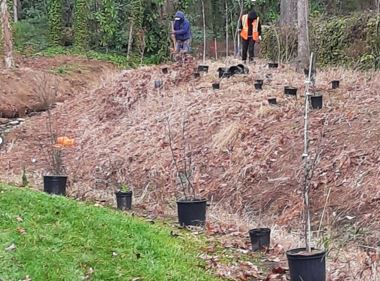 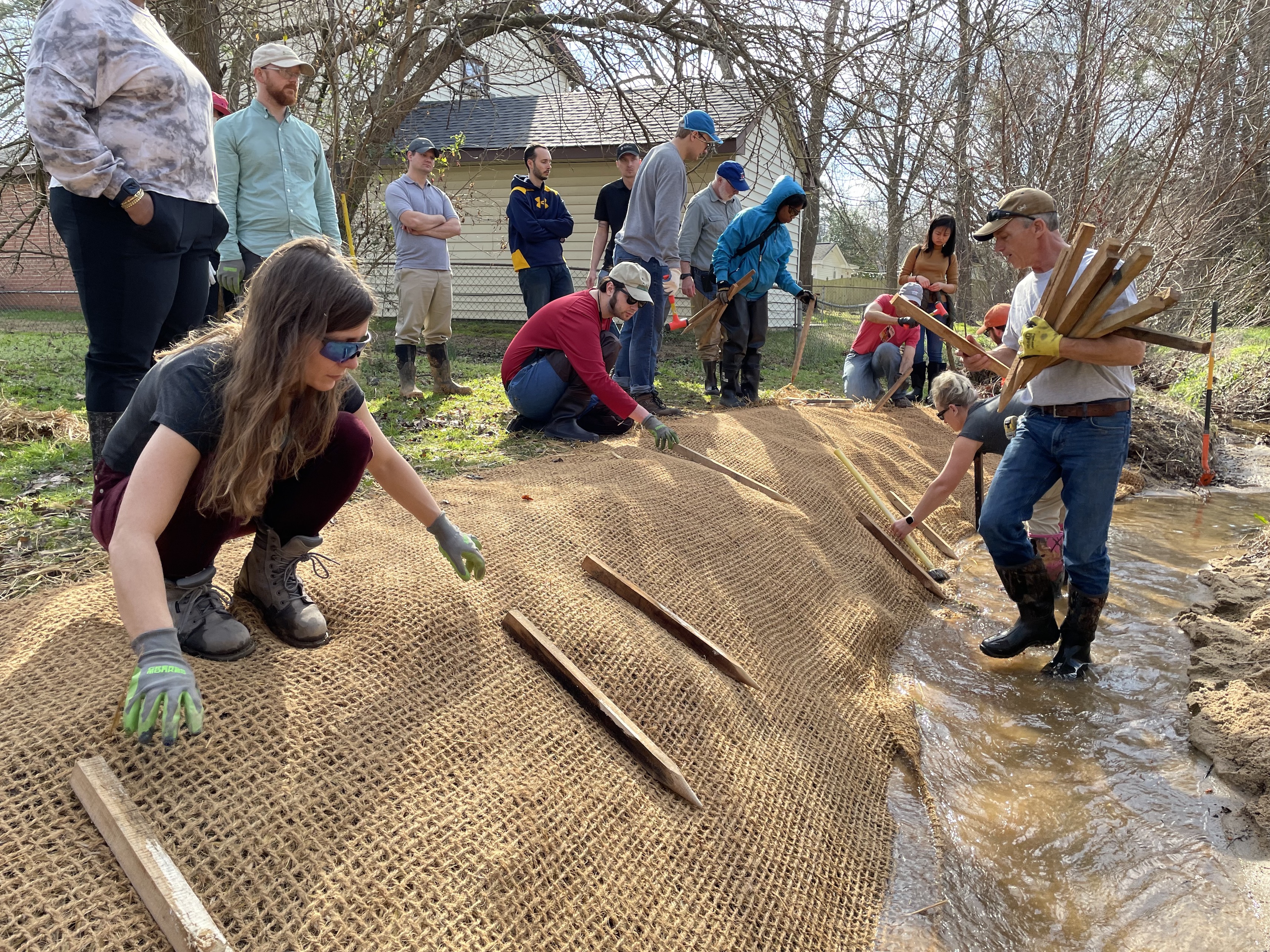 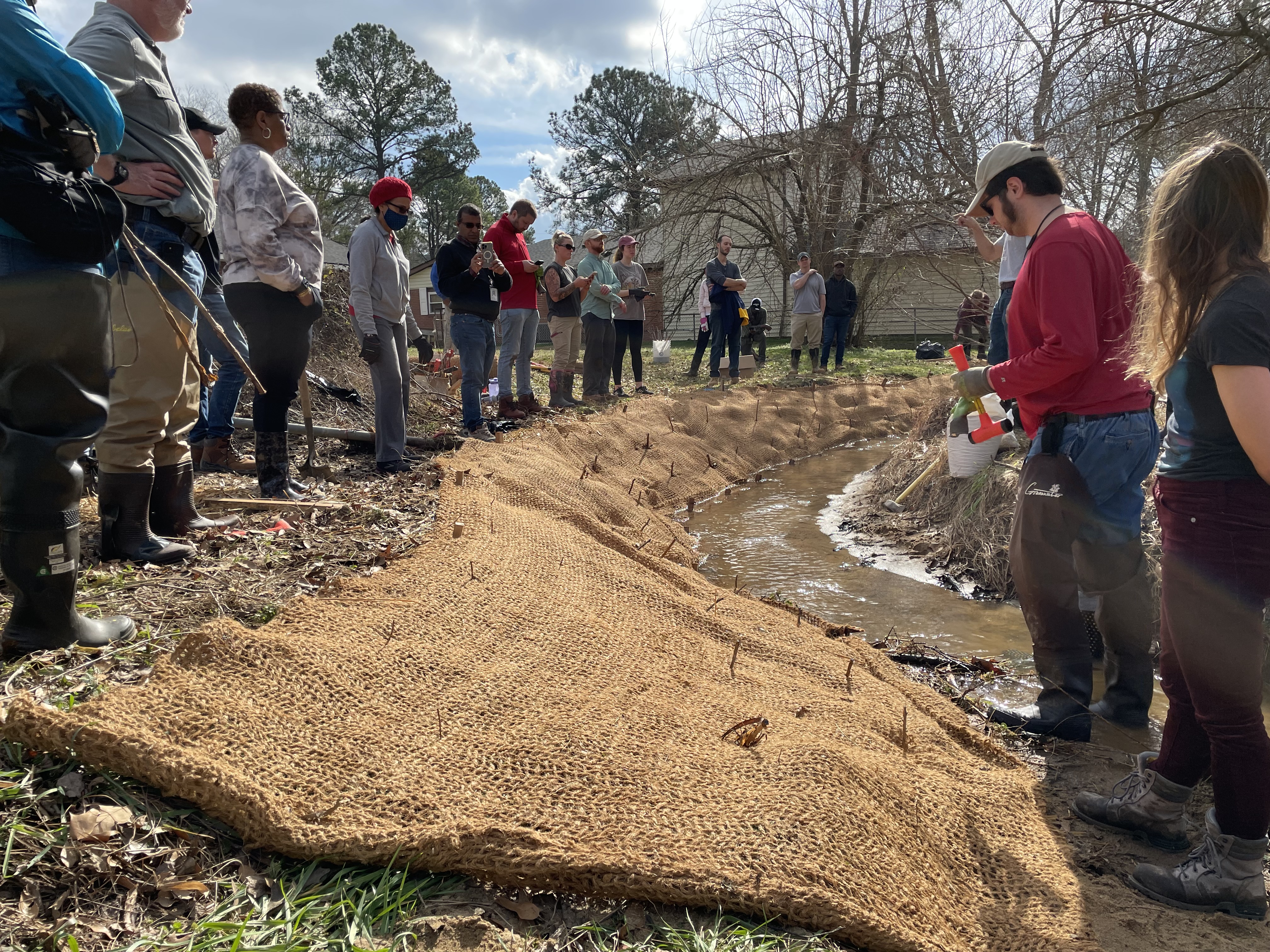
Back to the top
SESWA Members – You Can Search SESWA’s Resources Online!
Are you looking for resources on stormwater topics? Visit SESWA’s website and search resources including conference/seminar presentations, recordings, SESWA Community Forum articles, and more. Here’s how in three easy steps:
- Go to SESWA.org
- Look for the “Search our site...” box at the top of the page.
- Type in your search topic and “enter.” See sample search results below.
Members Can Maximize Results by logging into their profile first. Be sure to check the “Pages” and Community “Forum” boxes as shown below to access all member-only resources.
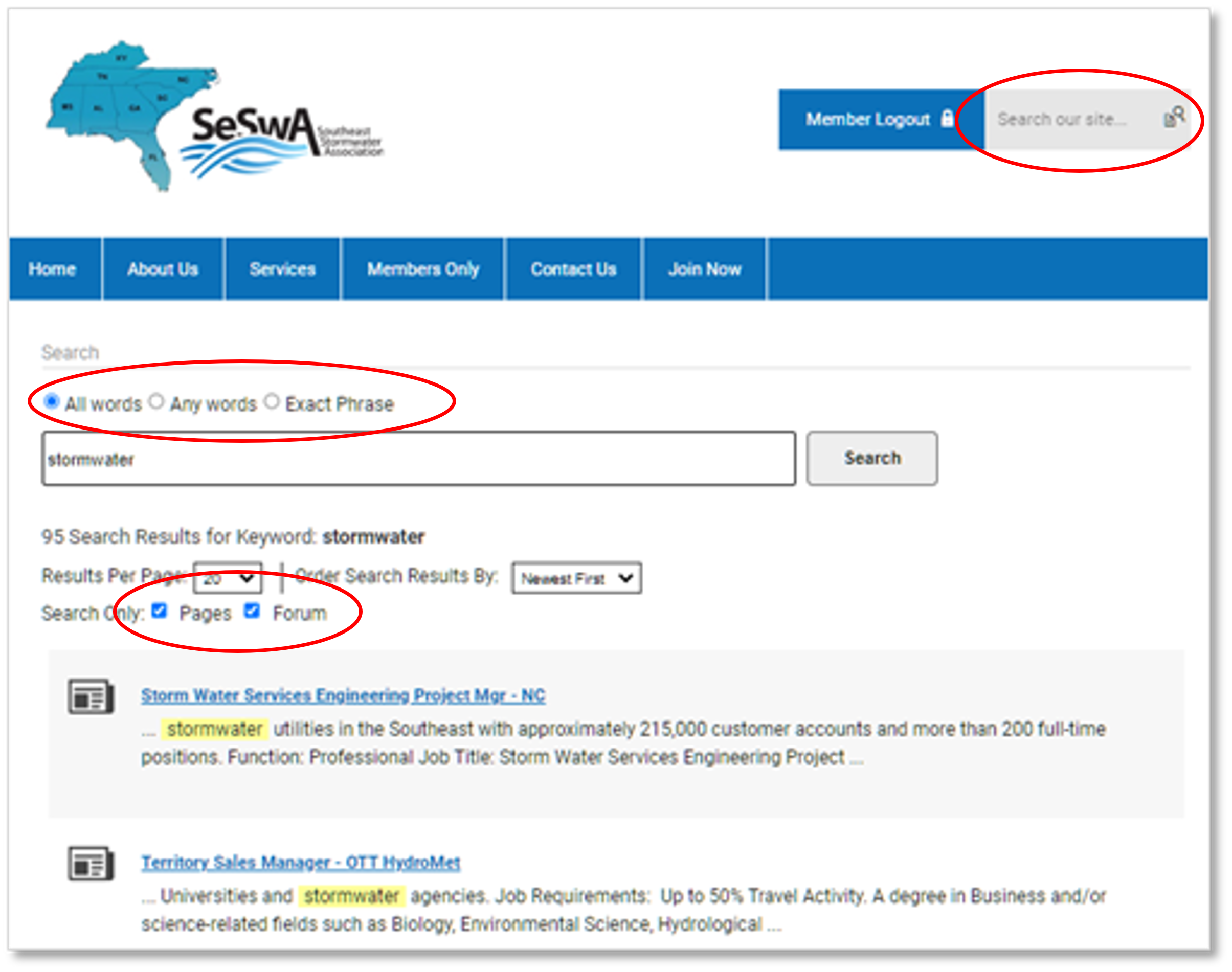
Back to the top
WOTUS Ruling Sparks More Uncertainty
Kevin Coyne, SESWA
Since the March edition of the newsletter, additional rulings on WOTUS have taken place. A decision by the U.S. Court of Appeals for the 6th Circuit granted approval for Kentucky to block the implementation of the most recent WOTUS rule. With this ruling, Kentucky becomes the 27th state to block the implementation of the new WOTUS rule, and we anticipate more judicial efforts to further impede implementation of the new rule. On May 25th, the U.S. Supreme Court established a more stringent test to determine whether the Clean Water Act (CWA) applies to a wetland. The long-standing Sackett v. Environmental Protection Agency case has been under review for over 10 years. The Supreme Court ruled that EPA had overstepped its authority in determining wetlands on the Sackett property and requiring remediation of construction impacts, which was a key component of the argument. The decision greatly limits EPA's authority on determining wetlands and requiring CWA permitting actions and could lead to significant changes to states implementation of wetlands permitting and 404 programs. SESWA is monitoring this decision along with the implications to the most recent WOTUS rule, which has faced opposition since its release earlier this year.
Back to the top
Florida Legislative Session Summary
Kevin Coyne, SESWA
The Florida Legislative Session began on March 7, 2023, and from the start there were local government preemption battles. Proposed legislation included restrictions on comprehensive plans, decreased permit review requirements, and efforts to disallow local governments from adopting an ordinance that referenced water quality, water quantity, and environmental conditions. Much of the proposed legislation did not survive the process, but the preemption philosophy is expected to continue in future legislative sessions.
During the last weekend of session, a one-year ban on new fertilizer ordinances that include seasonal bans was slipped into the final budget process. This was done outside of the normal committee process by adding an appropriation to commission a study on the effectiveness of fertilizer application. Many environmental groups and local governments have raised concerns on how the ban was implemented, going as far as to request a line-item veto by the Governor. Of primary concern, the fertilizer study must be completed by the start of the next Legislative Session (January of 2024), which is deemed an inadequate amount of time by many. See a veto request submitted by the Florida Stormwater Association, the Florida League of Cities, and Audubon Florida.
There was some good news, a few positive bills passed including bills to increase funding opportunities in impaired waters, additional funding to address the need for better biosolids treatment, and additional funds for conservation lands. One bill increased the requirements for the Florida Department of Environmental Protection to address traditional septic systems in areas of water quality restoration and required a more formal program to initiate the restoration of the Indian River Lagoon. Now we wait to see if the Governor signs these bills into law.
Back to the top
North Carolina Legislature Update
Don Ceccarelli and Daryl Hammock, Charlotte-Mecklenburg, NC
A listing of bills of particular interest to stormwater managers that are actively being considered in the NC Legislature is provided below. Legislative action is expected on these bills in late May and early June.
HB 259 – Erosion Control Plans
Section 12.10(d) Limits local governments from denying a soil erosion and sedimentation plan if other state/federal permits are not issued.
HB 628/488 – Limits local government requirements to fund maintenance
Limits the ability of a local government to maintain a stormwater control system if the private owner fails to maintain the system.
HB 579 – Amending sedimentation control permitting requirements
Local erosion and sediment control programs cannot exceed state permit requirements. Requires local programs to charge no more than $200 for NPDES General Permit NCG01.
HB 600 – Regulatory Reform
Buffers Section 2; Reduces protective stormwater runoff controls in sensitive and impaired waters, and water supply watersheds.
Water Supply Watersheds Section 3; Allows development and redevelopment to become more dense and removes impervious area limits in protected water supply watersheds.
Exemptions for Post Construction Controls Section 4c; This change would exempt streets, sidewalks, greenways, transit, and other linear transportation projects from mitigating stormwater runoff for private projects (any project not built by NCDOT).
Nutrient Offset Section 11g; Limits options for cities while limiting compliance flexibility and increasing compliance cost.
HB 511 – Enhancement of stormwater management for local programs
Allows local governments to require non-residential redevelopment to install new or increased stormwater controls for preexisting development or redevelopment activities that do not remove or decrease existing stormwater controls.
SB 317 – Workforce housing permit restrictions
Restricts implementation or enforcement of an ordinance or regulation that is more restrictive than or that exceeds federal and state requirements, which could reduce effectiveness of Post Construction Controls ordinances. Puts workforce development homeowners at greater risk of flooding and could make flood Insurance more expensive.
SB 365 – Multi-jurisdiction developments
Enables development projects to choose which jurisdiction will have control of a multi-jurisdictional project if no agreement exists for regulatory control.
SB 684 – State review of development projects
This bill could give an option for development projects to be approved by the state rather than the local government, and lead to local flooding or water quality impacts.
SB 686 – Allows more dense development in protected watersheds
Section (b3) Removes impervious area limits in protected water supply watersheds, enabling development that degrades surface waters.
S744 – Environmental Permitting Reforms
Constrains State staff’s ability to conduct proper reviews by limiting time for reviews. This could create flooding or surface water quality problems, and shift costs to cities.
Back to the top
Meshing Art and MS4 Stormwater
Taylor Brewer, Lexington County, SC
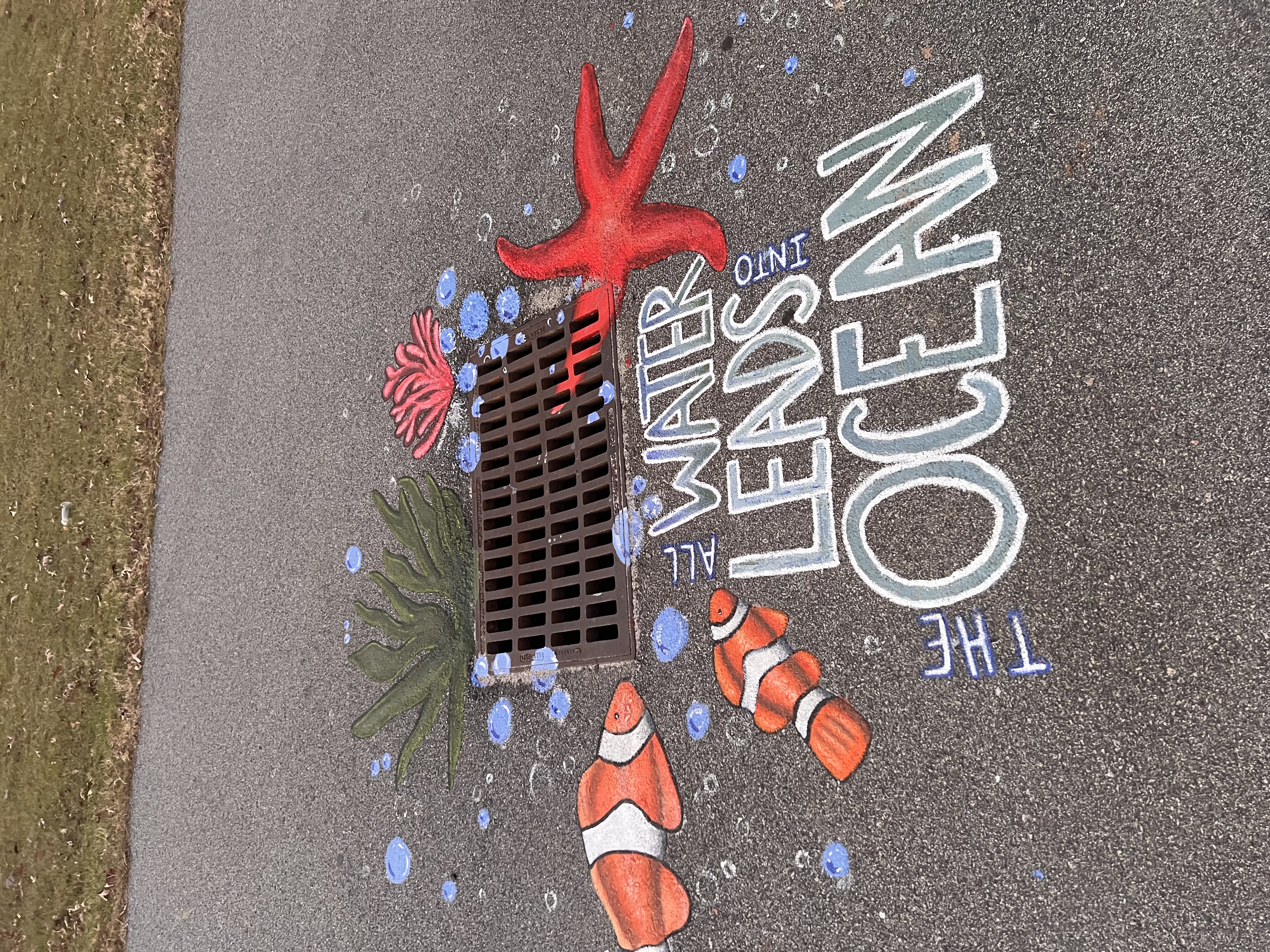 In an effort to make stormwater cool, hip and trendy, Lexington County, SC teamed up with River Bluff High School and our Congaree Riverkeeper for the inaugural Storm Drain Mural Project. The idea began when my mentor and predecessor, Susan Yates, held a brainstorming session with her then-senior and art-student daughter, Morgan Yates. The project started when Susan Yates, Bill Stangler, In an effort to make stormwater cool, hip and trendy, Lexington County, SC teamed up with River Bluff High School and our Congaree Riverkeeper for the inaugural Storm Drain Mural Project. The idea began when my mentor and predecessor, Susan Yates, held a brainstorming session with her then-senior and art-student daughter, Morgan Yates. The project started when Susan Yates, Bill Stangler, 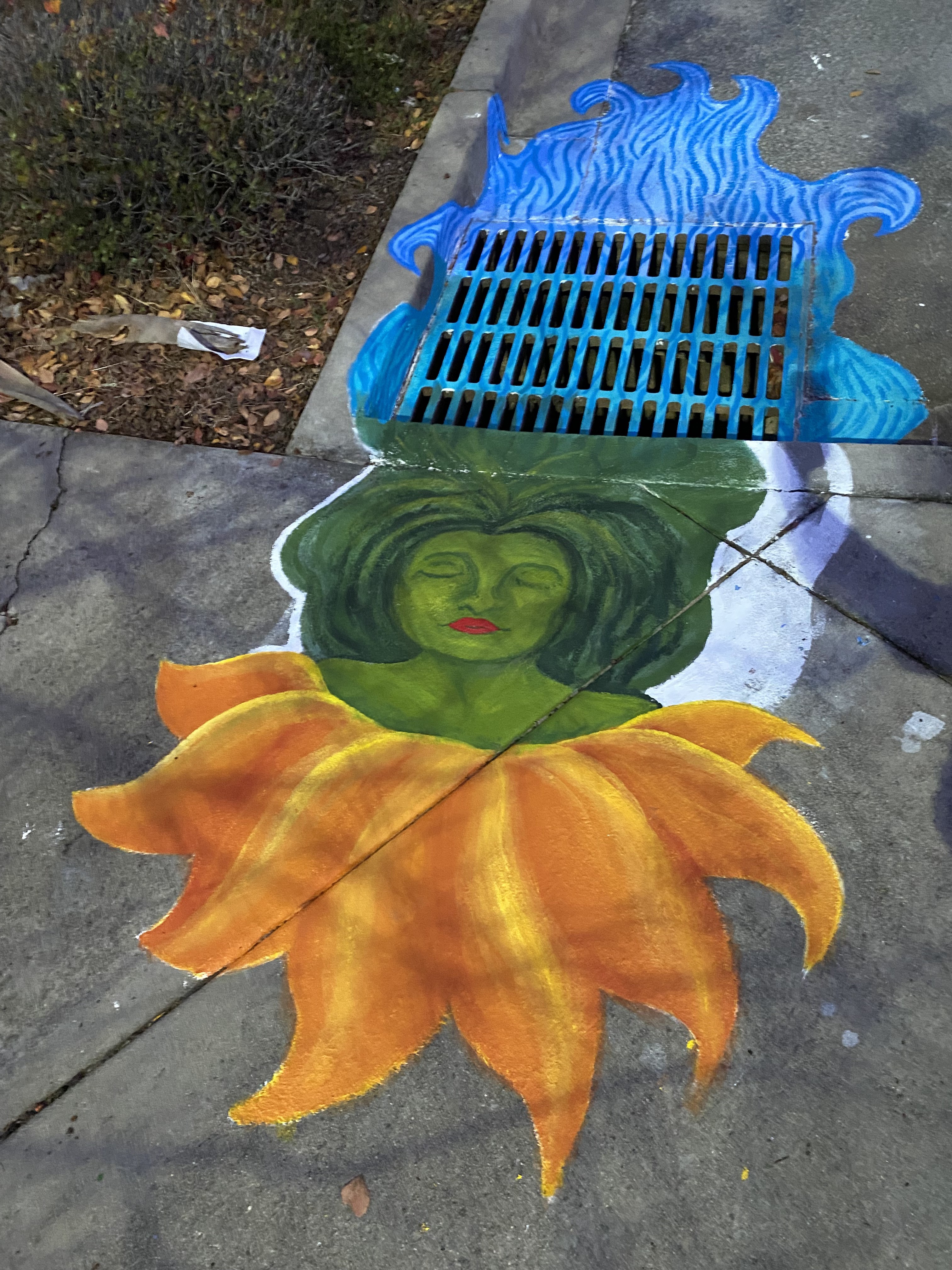 our Congaree River Keeper, and I teamed up to teach a group of student leaders about stormwater pollution prevention and how they could get involved. The students took the information back to their groups and knowledge spread. Every freshman student was invited to submit a mural design. A group of stakeholders including art teachers, school administration, county staff and district management were tasked with narrowing the field to ten designs. Students then voted for one design from the ten as the Student's Choice. Stakeholders were then asked to vote and chose an additional two designs, as three specific storm drains were approved by the district. This project took collaboration between a number of entities, but the students and teachers stepped up, took ownership and produced a beautiful product that speaks volumes about water pollution prevention without words. Learn more about this project in the WACH Fox 57 Story and The Lexington Ledger article. our Congaree River Keeper, and I teamed up to teach a group of student leaders about stormwater pollution prevention and how they could get involved. The students took the information back to their groups and knowledge spread. Every freshman student was invited to submit a mural design. A group of stakeholders including art teachers, school administration, county staff and district management were tasked with narrowing the field to ten designs. Students then voted for one design from the ten as the Student's Choice. Stakeholders were then asked to vote and chose an additional two designs, as three specific storm drains were approved by the district. This project took collaboration between a number of entities, but the students and teachers stepped up, took ownership and produced a beautiful product that speaks volumes about water pollution prevention without words. Learn more about this project in the WACH Fox 57 Story and The Lexington Ledger article.
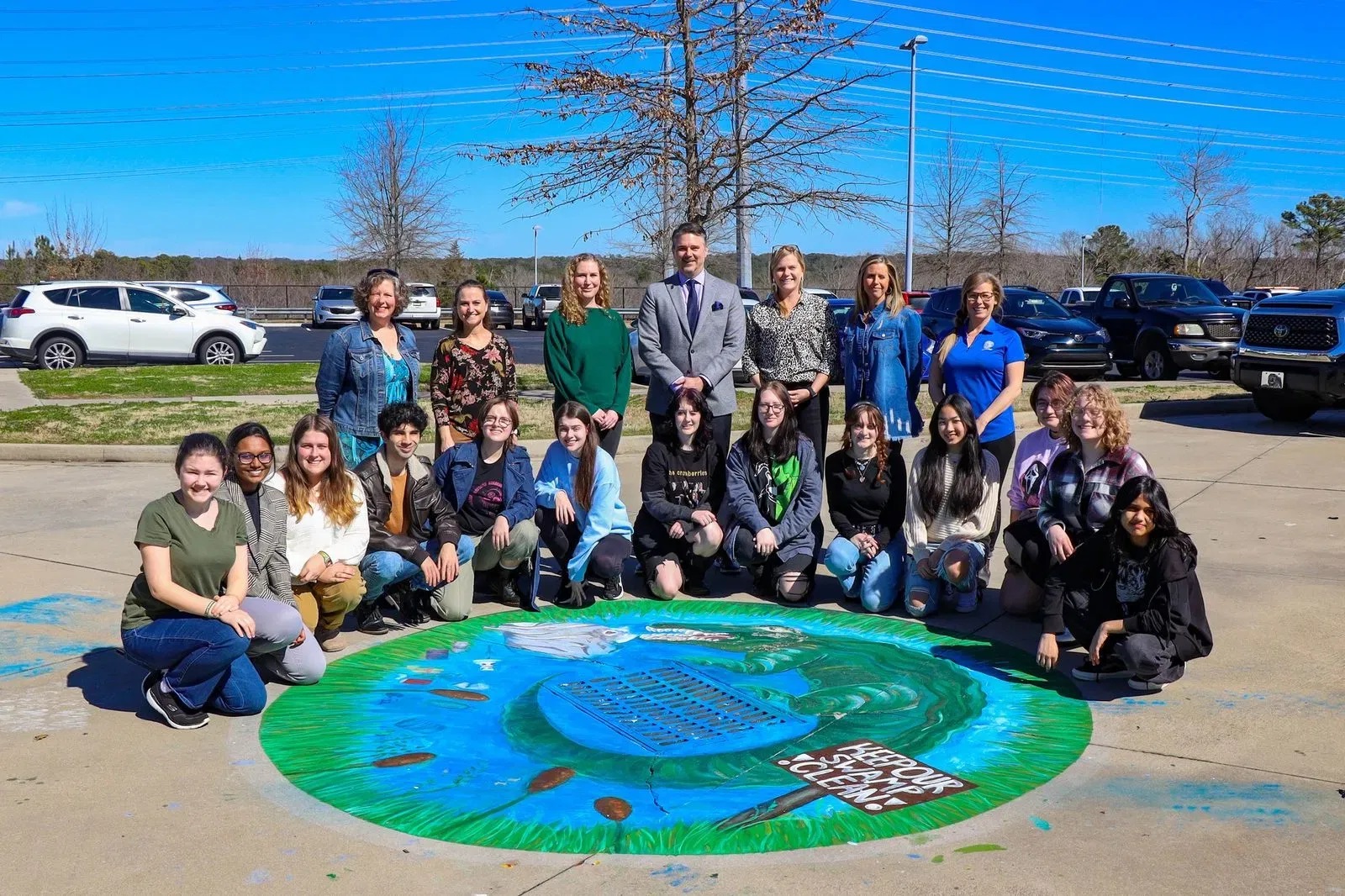
Back to the top
MyTDEC Small MS4 Annual Report Form Training Sessions
David Mason, CDM Smith
TDEC will be hosting five virtual training sessions to help familiarize the MS4 Programs in Tennessee with the new MyTDEC Small MS4 Annual Report form. The dates, times, descriptions, and links to the Microsoft Teams appointments for each training session are provided here.
Back to the top
Plan Review - A Conversation That Can Last for Days (or Months)
Kevin Kubiak, Berkeley County, SC
Site plan review may be half of one of the six minimum control measures that form MS4 permits, yet it frequently perplexes us more than any other area. “Did the Engineer even review this?” “Is this team even trying?” “Have we provided enough guidance?” “Is there something unclear in our design standards?” “Are we being consistent?” “How many reviews has this been?” Sometimes, while reflecting, we get answers that we don’t want to hear. In those instances, small adjustments to our process can provide large results. Adding items such as pre-submittal meetings, submission checklists, and digital review can all help reduce review timelines by making commenting more direct or establishing expectations with the designer from day one. Meeting with repeat offenders is not easy, but it helps proactively improve submissions in the long run. Changing the review fee to foster fewer submissions of the plan is a little more of a long-range adjustment but can prove beneficial. Though it can be aggravating, and time consuming, a proactive approach leads to better plans and submissions from designers. Clear, concise, and consistent application of design standards is also critical. If plan review has you stuck, reach out to our membership!
Back to the top
NACWA Corner
Provided by the National Association of Clean Water Agencies
Emily Remmel, Director of Regulatory Affairs
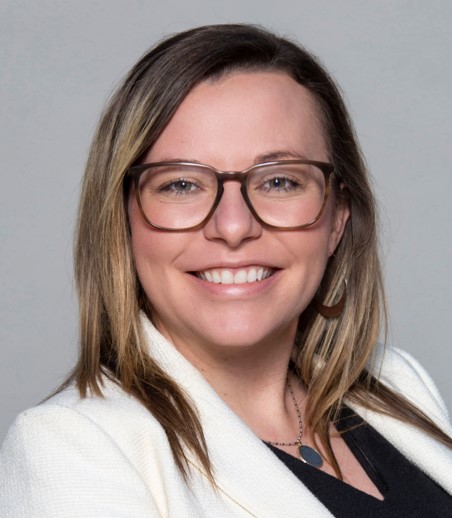
In Major Advocacy Success, Bill Introduced to Protect Water Sector Utilities from CERCLA PFAS Liability
In a significant win for the clean water utility sector, Senator Lummis (R-WY), along with her colleagues Senators Wicker (R-MS), Boozman (R-AR), Cramer (R-ND), Ricketts (R-NE), Mullin (R-OK), Sullivan (R-AK) and Graham (R-SC), introduced legislation on May 3rd that would provide clean water, drinking water, and stormwater utilities a targeted exemption from liability under the Comprehensive Environmental Response, Compensation, and Liability Act (CERCLA) for PFAS chemicals designated as hazardous substances.
The Water Systems PFAS Liability Protection Act would ensure that water systems—who passively receive PFAS in the course of providing vital public services—are not held liable for contamination which they did not profit from or create. The legislation was created with strong input from NACWA and other water sector partners including the Association of Metropolitan Water Agencies (AMWA), the Water Environment Federation (WEF), American Water Works Association (AWWA), and the National Rural Water Association (NRWA).
In addition to the Water Systems PFAS Liability Protection Act, the Senators additionally introduced four other bills offering similar protections for the agricultural, landfill, and airport sectors. The landfill bill would also provide protection for any municipal biosolids that are placed in landfills.
NACWA filed comments in November of last year expressing serious concerns with EPA’s proposed rule to designate Perfluorooctanoic Acid (PFOA) and Perfluorooctane Sulfonate (PFOS) as hazardous substances under CERCLA. The Water Systems PFAS Liability Protection Act helps to address concerns that water sector utilities and their customers will be unfairly stuck with the cost of addressing PFAS cleanups.
While the U.S. EPA is currently working on an enforcement discretion policy on how water utilities could be protected from federal enforcement under CERCLA, its impact is limited to actions by the federal government and would not address attempts by private parties to pull utilities into enforcement actions. This underscores the need for a Congressional exemption to truly protect the water sector from liability.
NACWA thanks Senator Lummis and her Senate colleagues for working to ensure that CERCLA upholds the “polluter pays” principle, rather than a “public pays” model. The introduction of this legislation marks the first step in the legislative process, and it will need to attract bipartisan support in order to have a chance of eventual passage.
NACWA’s legislative team is happy to answer any questions related to the Water Systems PFAS Liability Protection Act and the Association’s legislative advocacy around PFAS issues. Please contact Kristina Surfus, Managing Director of Government Affairs.
Don't see news from your state?
Please contact us with your news or share your comments on our newsletter by emailing us at [email protected]. |
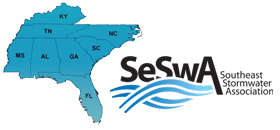
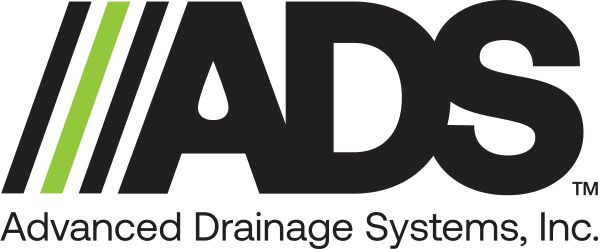

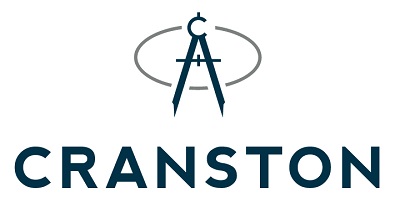
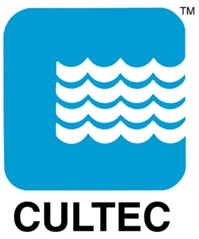
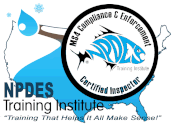





 SESWA conducts a Survey of Stormwater Utilities practices and trends throughout the Southeast and publishes a Final Report on the results every two years. The
SESWA conducts a Survey of Stormwater Utilities practices and trends throughout the Southeast and publishes a Final Report on the results every two years. The 


 In an effort to make stormwater cool, hip and trendy, Lexington County, SC teamed up with River Bluff High School and our Congaree Riverkeeper for the inaugural Storm Drain Mural Project. The idea began when my mentor and predecessor, Susan Yates, held a brainstorming session with her then-senior and art-student daughter, Morgan Yates. The project started when Susan Yates, Bill Stangler,
In an effort to make stormwater cool, hip and trendy, Lexington County, SC teamed up with River Bluff High School and our Congaree Riverkeeper for the inaugural Storm Drain Mural Project. The idea began when my mentor and predecessor, Susan Yates, held a brainstorming session with her then-senior and art-student daughter, Morgan Yates. The project started when Susan Yates, Bill Stangler,  our Congaree River Keeper, and I teamed up to teach a group of student leaders about stormwater pollution prevention and how they could get involved. The students took the information back to their groups and knowledge spread. Every freshman student was invited to submit a mural design. A group of stakeholders including art teachers, school administration, county staff and district management were tasked with narrowing the field to ten designs. Students then voted for one design from the ten as the Student's Choice. Stakeholders were then asked to vote and chose an additional two designs, as three specific storm drains were approved by the district. This project took collaboration between a number of entities, but the students and teachers stepped up, took ownership and produced a beautiful product that speaks volumes about water pollution prevention without words. Learn more about this project in the
our Congaree River Keeper, and I teamed up to teach a group of student leaders about stormwater pollution prevention and how they could get involved. The students took the information back to their groups and knowledge spread. Every freshman student was invited to submit a mural design. A group of stakeholders including art teachers, school administration, county staff and district management were tasked with narrowing the field to ten designs. Students then voted for one design from the ten as the Student's Choice. Stakeholders were then asked to vote and chose an additional two designs, as three specific storm drains were approved by the district. This project took collaboration between a number of entities, but the students and teachers stepped up, took ownership and produced a beautiful product that speaks volumes about water pollution prevention without words. Learn more about this project in the 

